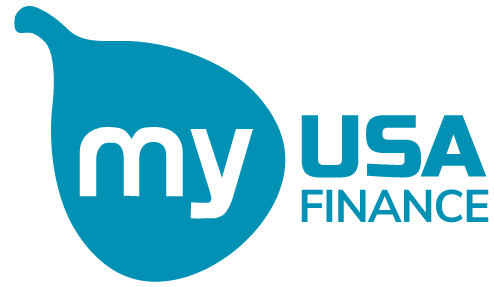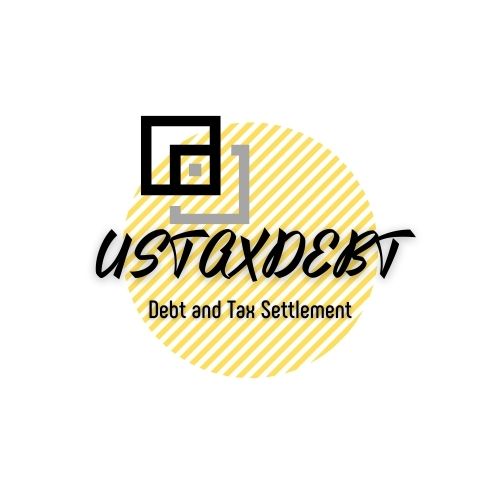You’re not alone if you’re struggling with debt. In fact, the average American household carries thousands of dollars in debt. Unsurprisingly, the average debt burden increases with age. Debt settlement could be the right fit for you if you’re looking for solutions to your debt problem.
Here’s what debt settlement is and how to see if debt settlement is right for you.
What is Debt Settlement?
You may be considering debt consolidation or debt settlement if you’re overwhelmed by debt and unable to keep up with your minimum monthly payments.
Debt settlement is an option to pay off your debt in full, but for less than the amount you owe. With debt settlement, you would make a lump sum payment – usually a percentage of what you owe – to settle your debt.
Sometimes called debt reduction or debt relief, debt settlement is usually handled by a third party, although you can do it on your own. Keep in mind, some lenders do not accept debt settlements, and in some cases, it can cause more financial harm than good.
Tax or Debt collectors calling you daily? Owe more than $10,000 in Credit Card Debt, Unsecured Debt, or Back Taxes?
- 100% Free & Confidential Consultation
- An army of Debt and Tax experts to help lower or eliminate your debt
- Save as much as 98% on past-due taxes and/or debt.
What is a debt settlement company?
A debt settlement company acts as a middleman between you and your lenders and creditors to reduce or eliminate your debt. Sometimes it can be helpful to have an experienced guide to help you through an unfamiliar process.
But before working with a debt settlement company, understand its process and read reviews about the company. Different debt settlement companies offer different terms, so be sure to do your research.

How Does Debt Settlement Work?
There are a few methods for reaching debt settlement. It’s usually done by a third-party company or sometimes a lawyer, and you’ll need to pay for their services.
Debt settlement companies negotiate with creditors to reduce what you owe, mostly on unsecured debt such as credit cards. Companies typically don’t settle federal student loans.
Make regular payments
As you begin working with a debt settlement company, one of the first things you’ll need to do is start making regular payments into an account that the company can use to pay your creditors.
In some cases, the settlement company may request that you stop making payments directly to your creditors and instead make all payments to the settlement company. This can cause you to fall further behind on your payments, and your credit score may drop as a result. However, if you’re able to successfully negotiate a settlement, it could save you money in the long run.
Terms of repayment
Before a settlement is reached, you and the creditor will need to come to an agreement about the new terms of your repayment. These terms could include a lump-sum payment, a lower monthly payment, or a debt discharge.
If you don’t want to agree to the new terms, you don’t have to. Once the debt is settled, you will make payments to the company handling your debt until your outstanding debt is paid in full. Depending on how the debt was settled, you may need to make payments all at once or over time. Once the payments are made, your debt will be considered paid in full.
The Bottom Line
When it comes to debt, there is no one-size-fits-all solution. What works for one person might not be the best option for another. That’s why it’s important to explore all your options before deciding on a course of action.
With the help of MY USA Finance, you can be sure that you’re choosing a reputable debt settlement service provider. Take control of your debt and get back on the road to financial success today.
Looking for a debt consolidation?
Explore your options today!












